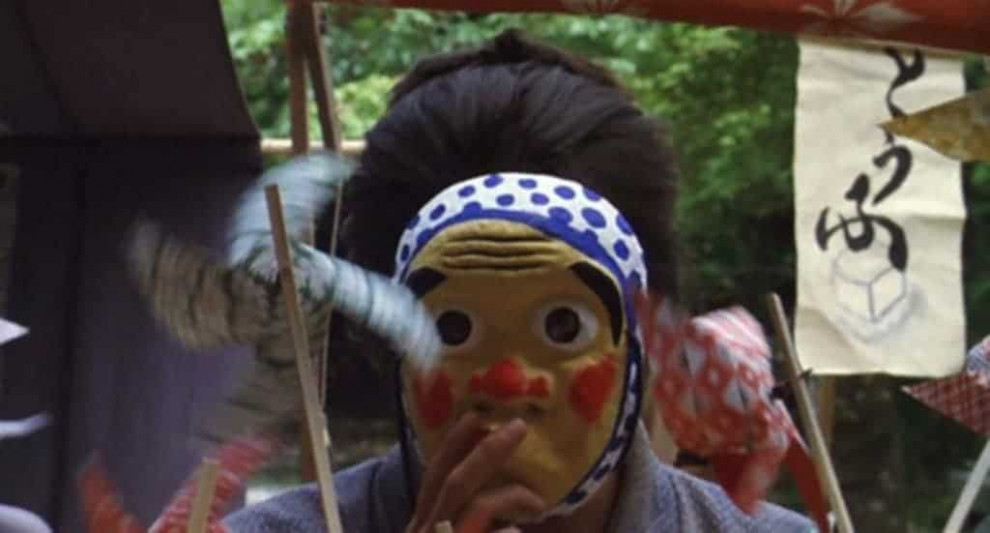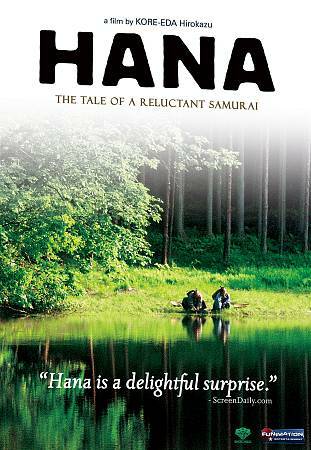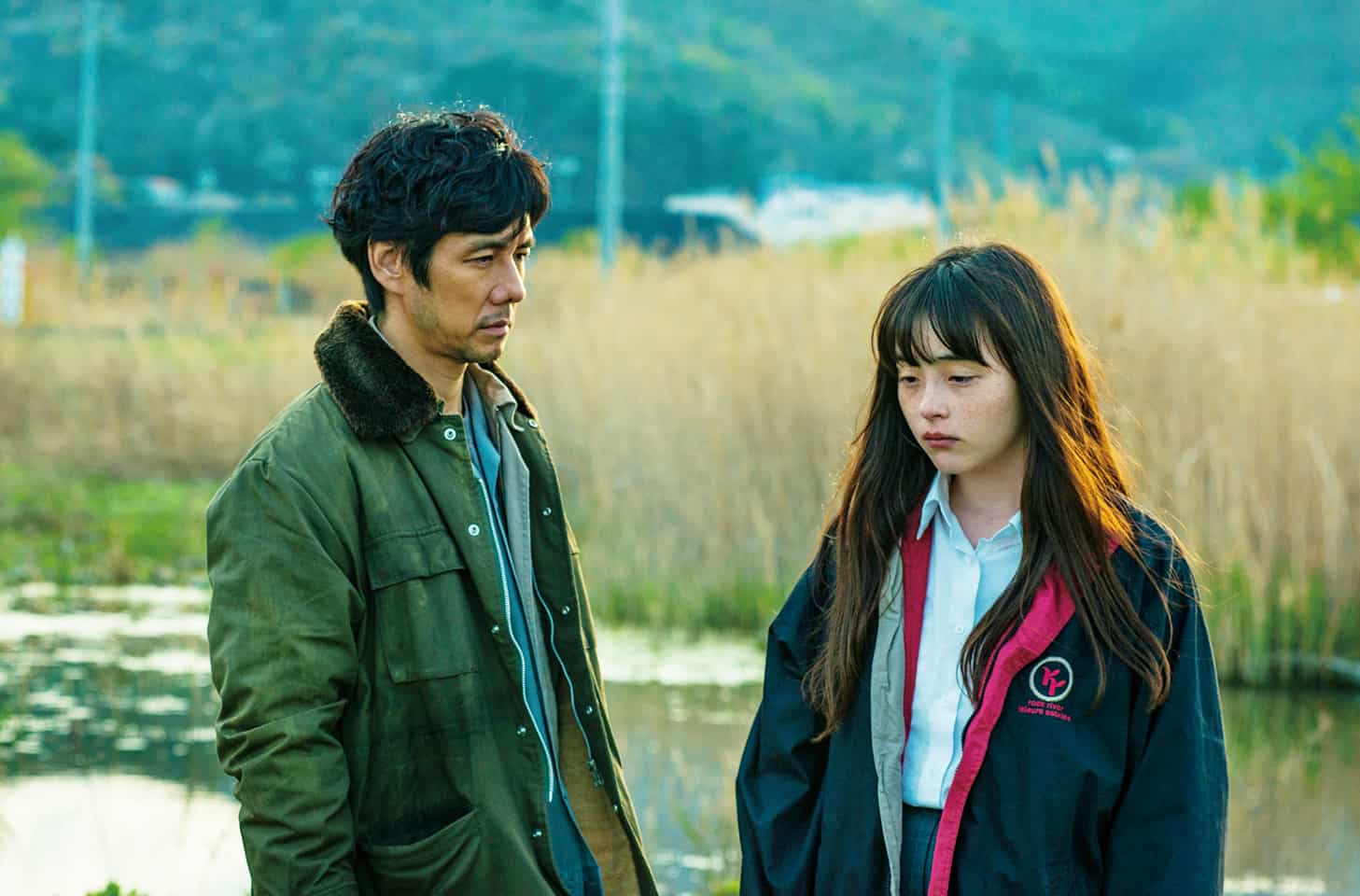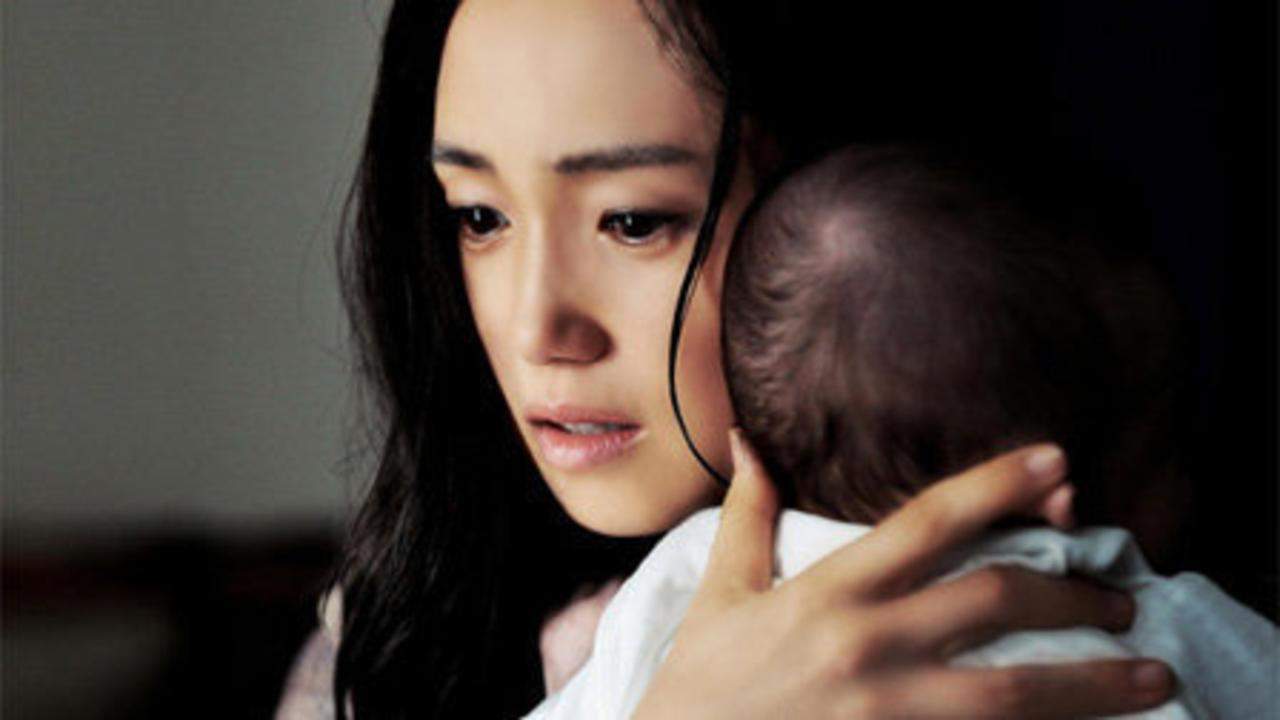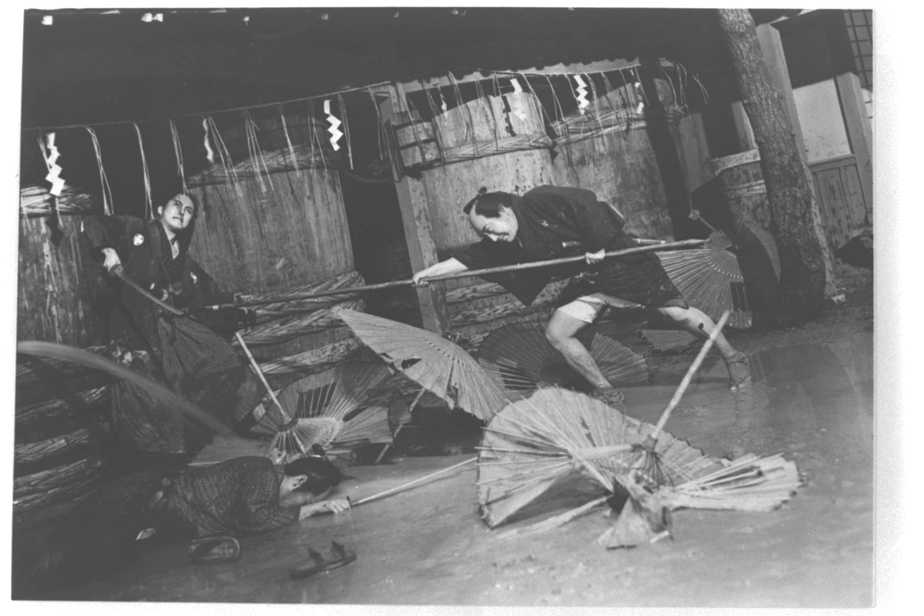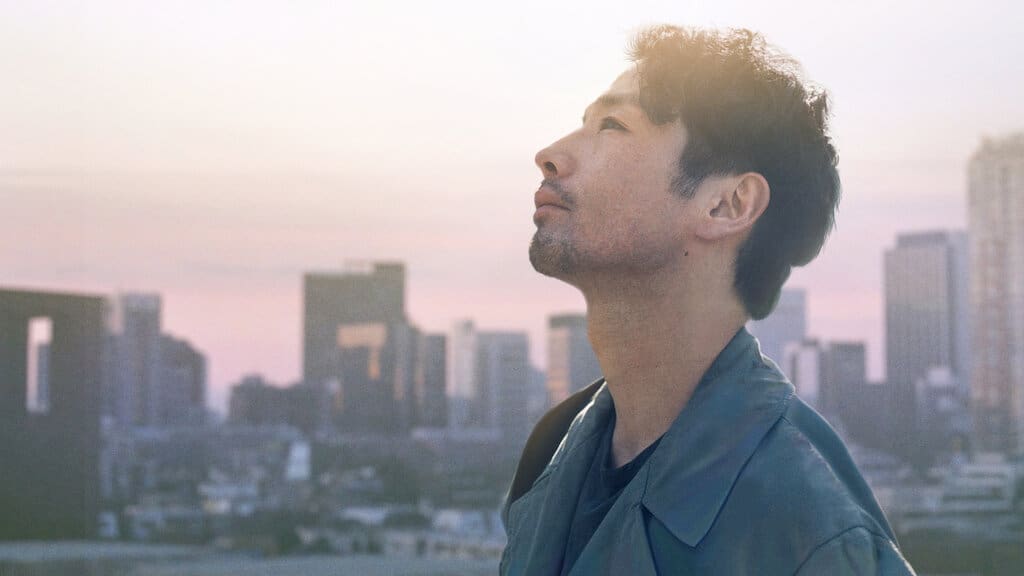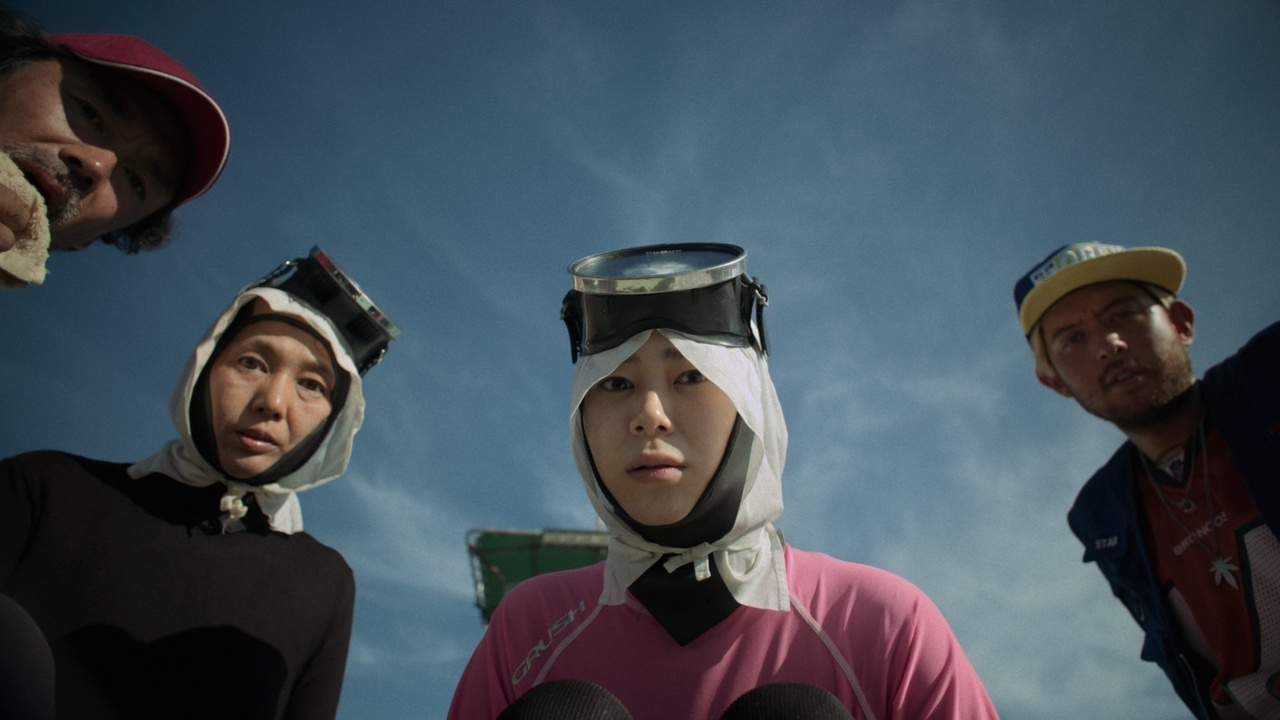Despite now being typecast as a director of family dramas, Hirokazu Koreeda isn't a director afraid to step out of his comfort zone, experimenting with fantasy (“Air Doll”) and courtroom drama (“The Third Murder”). It's no surprise then that his sole jidaigeki (period drama) to date, 2006's “Hana”, tells the story of a samurai well out of his comfort zone in his role. The English language release came with the tagline “The tale of a reluctant samurai”, but the hero, Soza (Junichi Okada) is more than just reluctant and is actively running away from the role typically associated with such honourable duties.
Buy This Title
In 18th century Japan, Soza hides out in a small community on the outskirts of Edo to seek out the murderer of his father, head of his clan, killed over a petty squabble. His duty is to get revenge. But despite the constant funds and demands from the clan elders, Soza simply has no desire in carrying out his duty. Having spent three years within the row houses, he has become part of the small community and made a group of friends. A compassionate man, he uses his education to teach the local children and adults to read and write.
Eventually, he discovers his father's killer, Kanazawa (Tadanobu Asano), living with his young family among the row houses. With his duty put before him, Soza feels he must complete his task, but it is obvious to all he doesn't have the skill to carry it out. Soza knows this more than anyone. On confronting Kanazawa he can only offer his son an education, and tries to use his smarts to find a resolve that will satisfy all.

Soza is the anti-samurai: his fighting skills are comical and mocked for all to see and he has no interest in enacting the ways of the samurai. Whenever faced with a difficult situation, he becomes a bumbling oaf. But despite the different setting, Koreeda covers his familiar theme of difficult relationships between fathers and sons. Soza only has two connections to his late father: the need to avenge him and that he taught him how to play go. It is expected that to honour his father, he must enact revenge, but he doesn't want his only connection with his father to be hate. Instead, he wants to focus on what a father can pass on to his son. His father taught him go; he wants to teach a younger generation.
Soza becomes a father-figure for widow Osae's (Rie Miyazawa) son, wanting to teach him. Kanazawa, he learns, is the step-father to his wife's son. Koreeda here looks at how nurture is perhaps a greater connection between father and son than nature; Soza's relationship to his blood father is a sour one – there is more to being a father than blood. However, despite its underclass setting, the similarities to his other works end there. The style is very different, played with a much more light-hearted and quite mainstream tone. We start with a comical montage to upbeat music and this sets the tone for much of what follows. Characters are often quite foolish in their behaviour, more caricature than realistic.
This is a much more mainstream style of filmmaking from Koreeda, feeling almost like a TV movie. He uses traits you'd expect to find in a typical samurai film, with comedy throughout as light relief. There is also the use of Kurosawa-esque wipes between scenes, as Koreeda experiments with various elements not typically associated with him.
Koreeda takes inspiration from the titular flowers (hana) with hanami season being a central feature. But there is little in the way of violence on display here for a samurai film. Instead, we are treated to playful behaviour and light-hearted humour, with sword-fighting more a source of embarrassment than honour, although no matter how much Soza tries to escape it, the samurai code is lurking in the background throughout.

Working with many of his regular supporting actors from the early days of his career, this has a strong cast, largely having fun in their roles. But there is no denying that this is one of Koreeda's weaker career efforts. Not just in setting, but also in tone, this is a step outside of his comfort zone, and one he probably shouldn't stay in. It comes as no surprise that the strongest element is his more familiar theme of troubled father-son relationships.
Alongside the aforementioned “Air Doll” and “The Third Murder”, he is a director willing to step away from what comes naturally – his latest film his first non-Japanese effort, “The Truth”. But – perhaps “The Third Murder” aside – the underwhelming response to these films shows that there is a reason why his career has the associations it does.


